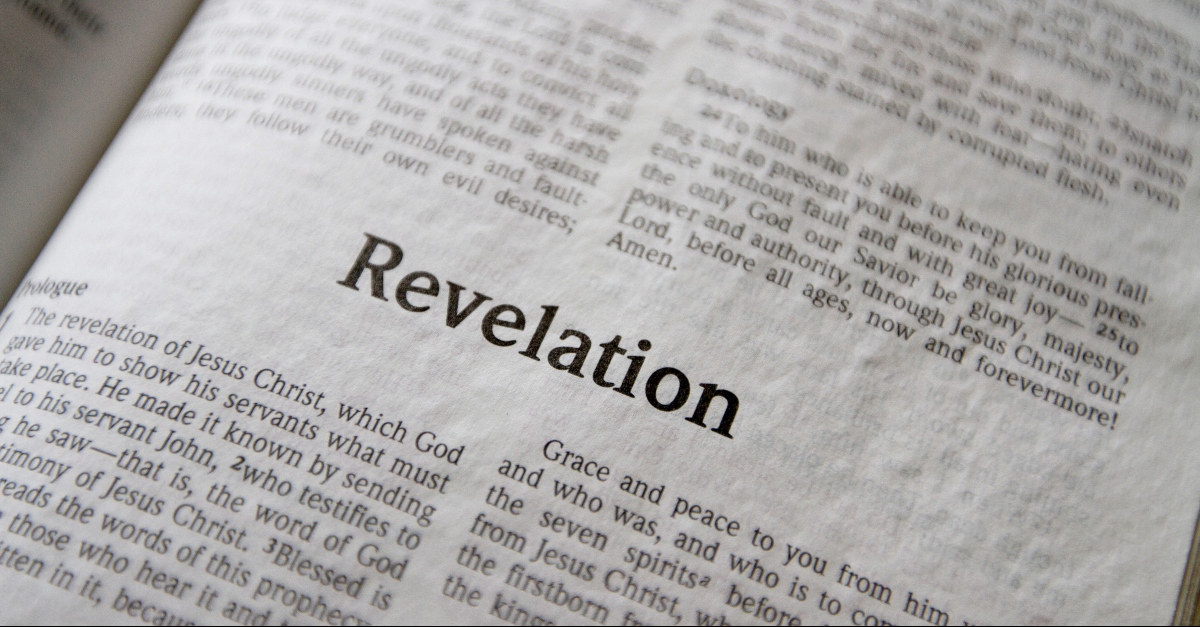F
fhansen
Guest
I’ve not side-stepped anything. If you can tell me where Scripture gets its authority, or, more precisely perhaps, where you get the authority to deem Scripture as being authoritative, then you’ll have the answer.
Ok thanks… So, if we’re resting on the pen’s of men, then there is no foundation for Purgatory… finally answered…!Oh, ok. So how have your determined that those words are true?? Or that the CC has not gotten its authority from God? Every word in the bible was penned by men. Every teaching of the CC has also been received and transmitted via men.
Still looking for God’s explanation on Purgatory…
Where did God endorse Purgatory?
were does God say that there’s a Purgatory
Where does God support Purgatory
Where does God say there is a Purgatory…?
where did God say there is a Purgatory…?
There seems to be an echo in here.where does God say that we go to Purgatory
See Mt 16:19.where did God give the Catholic church the “authority” to tell us there is a Purgatory…?
Did Jesus say “go forth and give people copies of the Bible”, or did He say “teach [all nations] to observe all that I have commanded you”? If the latter, then that’s Jesus’ commission to teach with authority what Jesus taught. You know… what the Church does!My take away is that you feel the Catholic church is the conduit of God’s revelation.
And Jesus granted a proxy of that authority to the Church. Again – Mt 16:19.First of all, I don’t have any authority. But Jesus and the Holy Spirit do
Men who have been given authority by Jesus Himself. Yes – finally answered!Ok thanks… So, if we’re resting on the pen’s of men, then there is no foundation for Purgatory… finally answered…!
So why did the Hebrews reject the Apocrypha as Canon?So why were books written by MEN rejected as Canon…?
Irrelevant, once we were under Christ’s New Covenant and not the Mosaic Covenant. Or… are you still under the Mosaic Covenant and the “seat of Moses”?The Hebrew’s rejected many OT books written by MEN as Canon, including
the Apocrypha… Why…?
Better question: ecumenical councils endorsed the canon that we now enshrine as the Bible. Do you support factions that were later corrected by the Universal Church? Or are you a member of the Church Universal?The early church 3&4 century, especially the Council of Hippo, 393
AD, rejected many books written by MEN from being Canon… Why…?
All books were written by men. The canon is comprised of books written by men and inspired by God. Are you the arbiter and judge of which are whih?All rejected books were written by MEN… So some books were accepted as
“Canon”, some were not, such as the Maccabees…
Because those who had the authority to “bind and loose” decided which books are canonical. Have you been given the authority to “bind and loose”?So why were books written by MEN rejected as Canon…?
In Matthew 19, in which it’s applied to all apostles? Sure. In Matthew 16, in which Christ is speaking to Peter alone, in the context of the basis of the founding of the Church? Not. So. Much.the correct context of “Binding and Loosing” has to do with church discipline, not Canon selection
Accepted provenance, universal acceptance among Christian local Churches, use in liturgy, and adherence to universal Catholic doctrine. Next question?But the question was, “WHY were books written by men rejected as Canon”…? or, maybe another way of saying it, what criteria was used to choose Canon books.?

In the context of Mt 19, yes. But Mt 16, in the context of giving Peter the “keys to the kingdom”? Not so much.Well, again, “Binding and Loosing” in proper context, has to do with
church discipline, not Canon Scripture selection. I’m not sure how you made that
connection.
Nice try. They’re in the Bible itself. See Acts 2:22-24. That’s Catholic dogma, right there, and it’s proclaimed by Peter (to whom was given authority, remember?) on Pentecost day.The last Apostle died roughly in 95AD (John)… You won’t find one Catholic dogma prior to
that…
